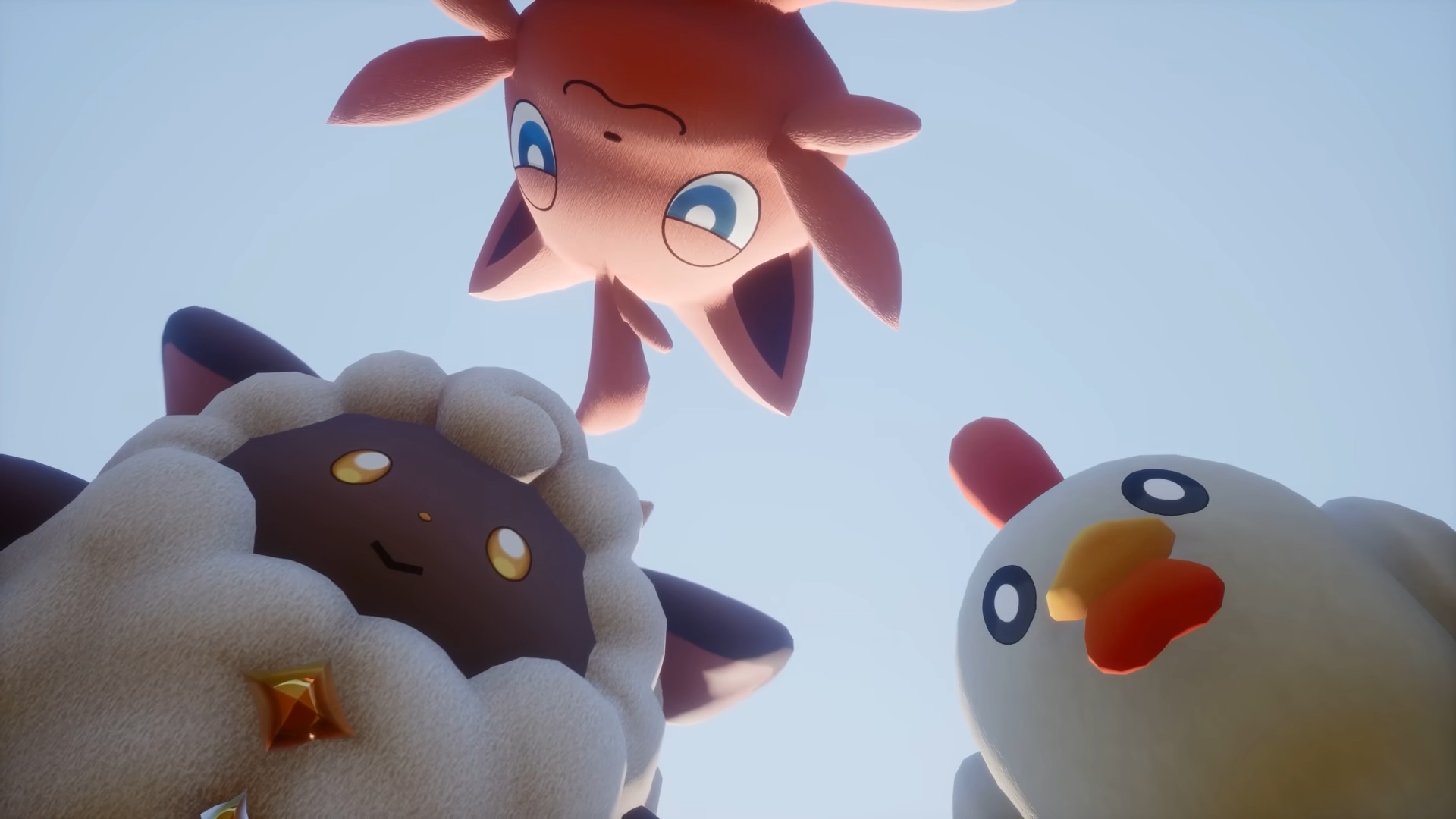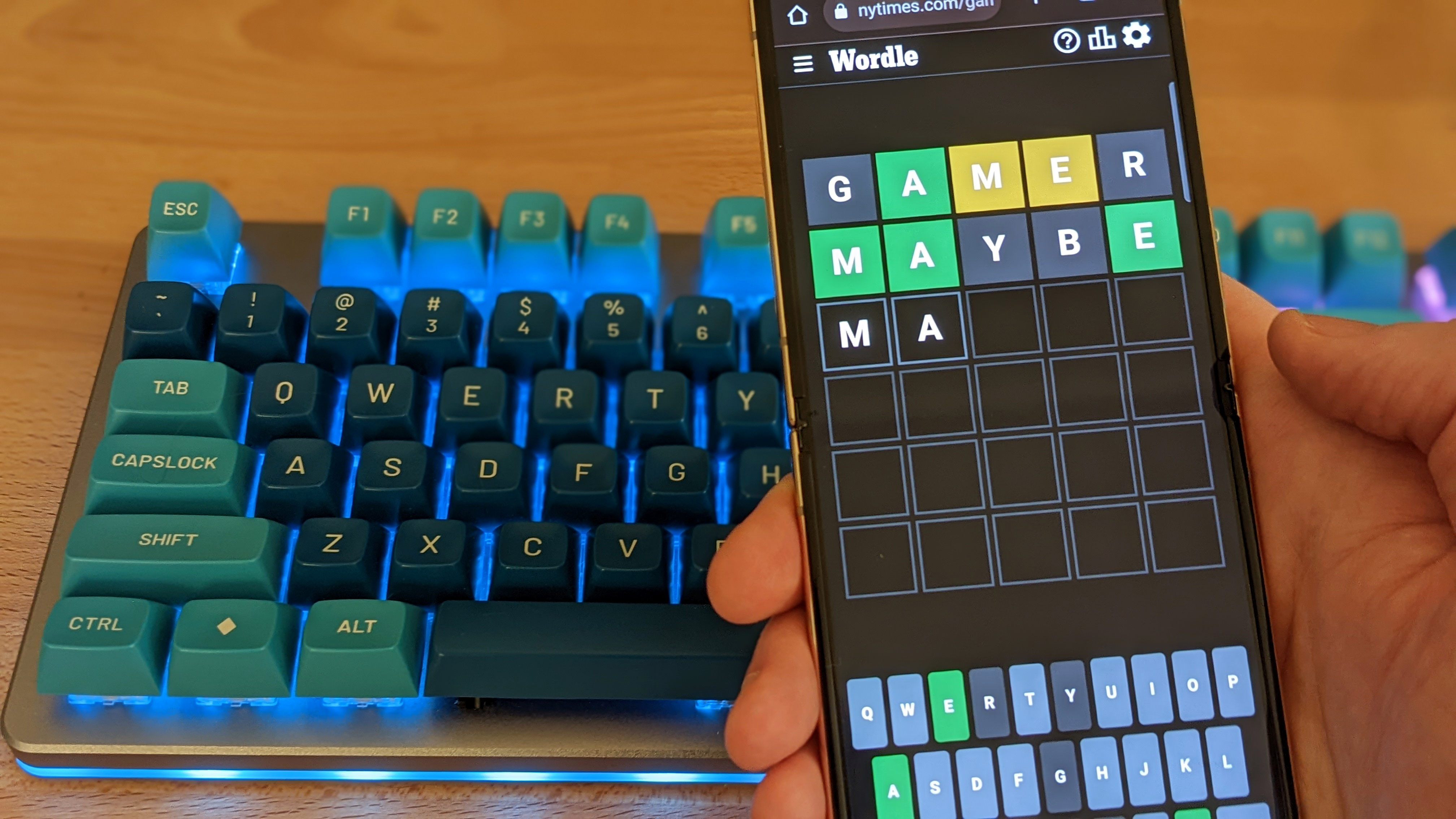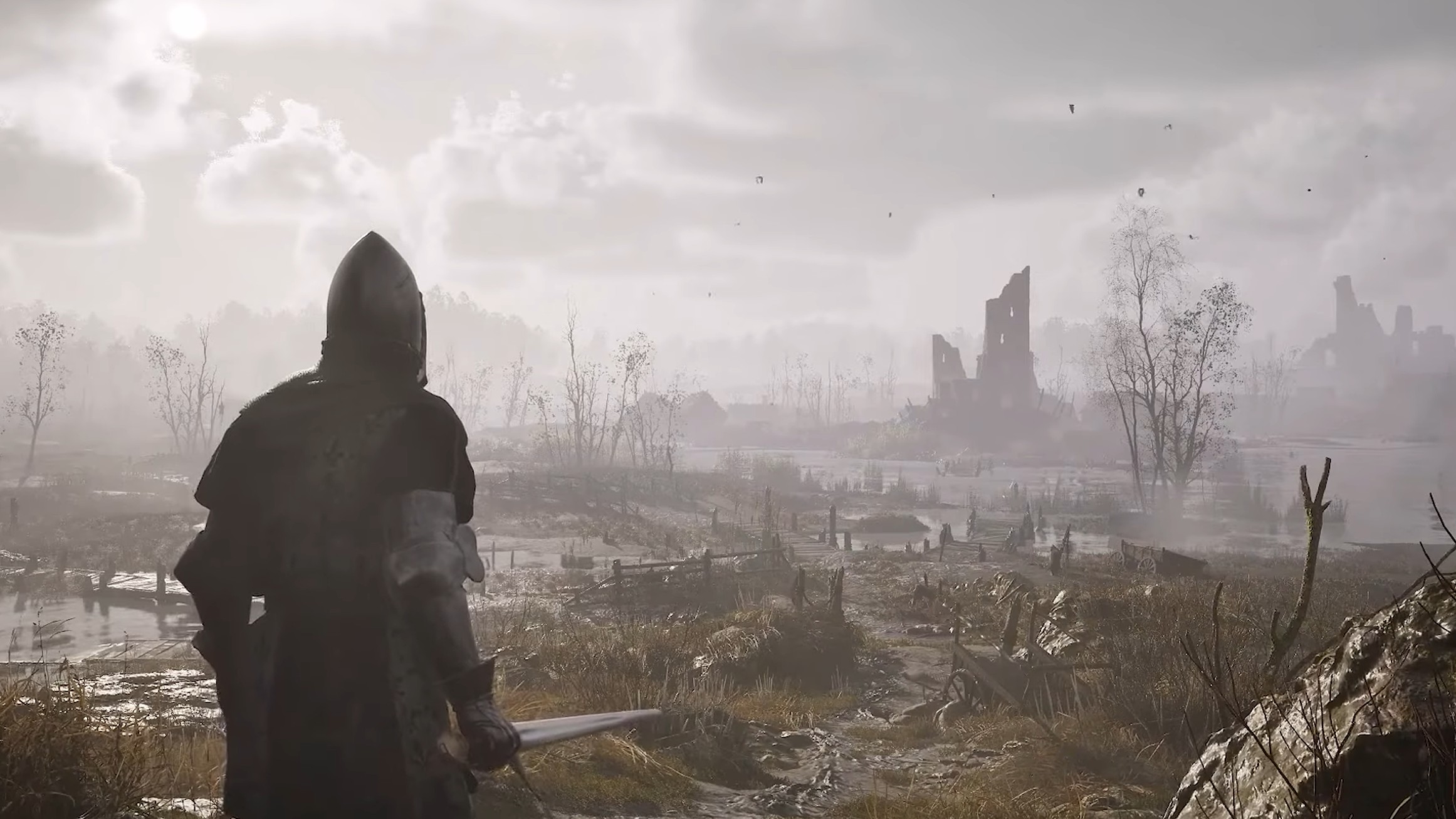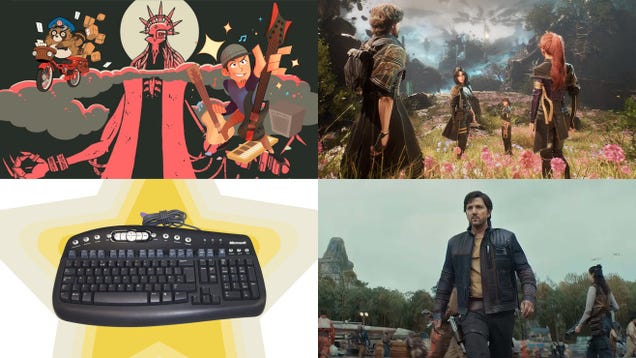
The next game will remain small, despite the studio's massive success.
Palworld’s explosive success earlier this year made developer Pocketpair heaps of money, but its CEO would rather make an indie-sized game over something that could “go beyond AAA.”
Palworld was developed using the money Pocketpair made from its two previous games, Craftopia and Overdungeon, according to a GameSpark interview with CEO Takuro Mizobe (translated by Google Translate and DeepL). And it paid off: Palworld’s survival-meets-Pokémon genre mashup rocketed it to success, raking in “tens of billions in yen,” which is around $70 million, enough to make a game at a AAA scale. Mizobe, however, says Pocketpair’s “structure” isn’t equipped to handle something that big and that he’s more interested in smaller games.
Mizobe says “there aren’t any” games he wants to make that would require a huge budget.
Mizobe says “there aren’t any” games he wants to make that would require a huge budget. “I want to pursue something that I think is interesting as an indie game.”
Last month, Palworld community manager John “Bucky” Buckley urged people to spend “as much money on indies as you can,” in an interview with YouTube channel Going Indie. Buckley, as well as Mizobe it seems, want the indie sector to thrive as much as the AAA live service games that release every year. Palworld has received several updates since its release in early access, but Pocketpair hasn’t pledged to keep it going indefinitely after it’s finished. Eventually, it’s going to move onto the next thing.
Although it’s unlikely we’re going to see the back of Palword for some time. Pocketpair recently formed Palworld Entertainment in collaboration with Sony to take care of “global licensing and merchandising activities associated with Palworld outside of the interactive game,” according to the official announcement. So, whatever Pocketpair’s next game ends up being, Palworld’s success will continue to benefit the studio.
Still, Mizobe’s interest in making more indie games instead of one massive follow-up to Palworld isn’t something we see very often. Most studios go bigger and bigger until it doesn’t work anymore. Part of Palworld’s appeal was that it wasn’t trying to be the next game to spend your life in; it just happened to be so good that people wanted to do that anyway. And it didn’t take a big-budget, hyper-polished experience to win millions of people over. If Palworld was that kind of game, the risk of failure could’ve been devastating, so I’m not surprised Pocketpair doesn’t want to dramatically change its strategy.






